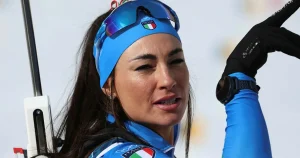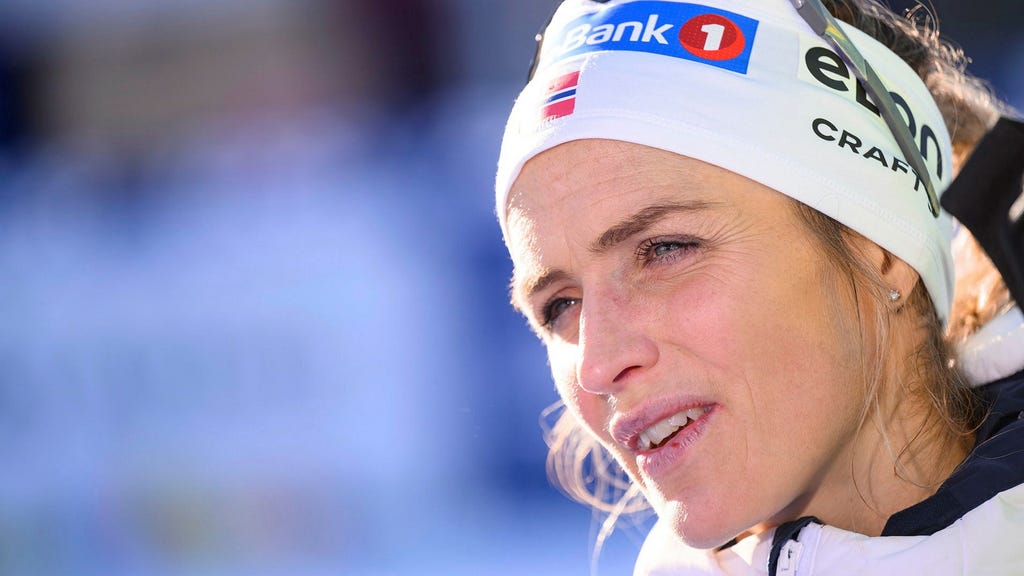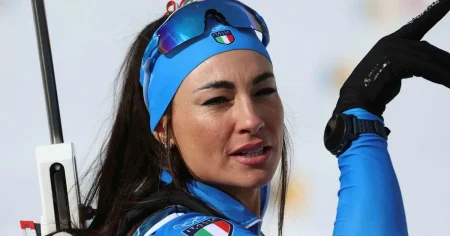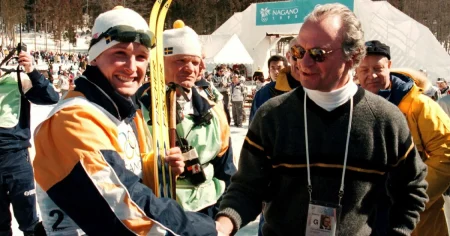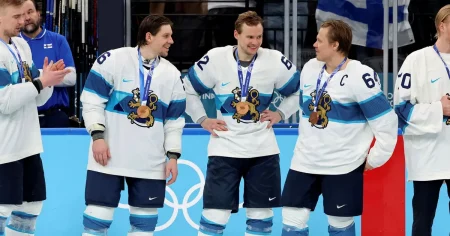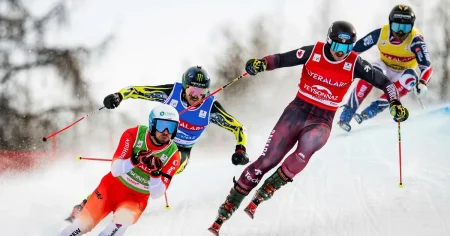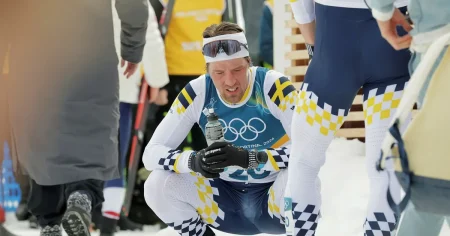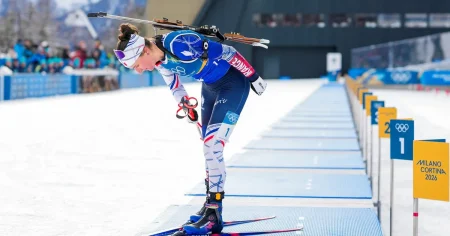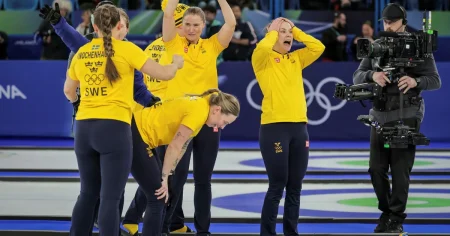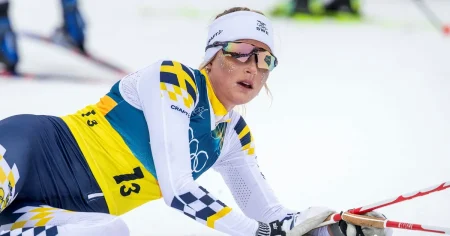Therese Johaug, a prominent figure in cross-country skiing, faced a significant setback in her career when she received an 18-month suspension for doping in 2016. This suspension, which resulted from the presence of the banned steroid clostebol in her system, prevented her from participating in the 2018 Pyeongchang Winter Olympics. The incident stemmed from the use of a lip balm containing the prohibited substance, a mistake attributed to her then-team physician, Fredrik Bendiksen, who admitted to overlooking the cream’s ingredients against the doping list. This event became a pivotal moment in Johaug’s career, highlighting the crucial responsibility athletes bear for substances entering their bodies, regardless of the circumstances.
Johaug’s experience serves as a stark reminder of the complexities and potential pitfalls within the anti-doping landscape. While Bendiksen accepted responsibility for the oversight, the ultimate consequence fell upon Johaug, underscoring the strict liability principle in anti-doping regulations. This principle places the onus squarely on the athlete to ensure no prohibited substances enter their system, irrespective of advice or assurances from medical personnel or other support staff. Johaug’s case emphasizes that athletes must be actively involved in scrutinizing any medication or treatment they receive, leaving no room for assumptions or blind trust.
The 18-month suspension dealt a considerable blow to Johaug’s career, sidelining her during a crucial Olympic year. This period undoubtedly brought about significant personal and professional challenges, forcing her to confront the consequences of the positive test and the public scrutiny that followed. Despite the setback, Johaug persevered, returning to competition after serving her suspension and ultimately re-establishing herself as a dominant force in cross-country skiing. Her resilience and determination in the face of adversity became a defining characteristic of her career.
Now, years after the incident, Johaug actively participates in an anti-doping campaign spearheaded by Antidoping Norge and the International Ski Federation (FIS). This initiative leverages her personal experience to educate and inform other athletes about the importance of vigilance and personal responsibility regarding anti-doping protocols. Johaug’s involvement lends a powerful voice to the campaign, transforming her past ordeal into a platform for promoting greater awareness and adherence to anti-doping rules. Her message stresses that athletes must be proactive, taking ownership of their health and ensuring compliance with regulations.
The campaign video featuring Johaug reinforces the critical message: ”It is actually only the athlete’s own responsibility. You should not take medicine from a coach or doctor without checking it yourself.” This statement encapsulates the core principle of strict liability, reminding athletes that they are ultimately accountable for any substances found in their system. By sharing her story and emphasizing the importance of due diligence, Johaug aims to prevent other athletes from experiencing similar setbacks. The campaign aims to empower athletes to take control of their anti-doping responsibilities, promoting a culture of informed decision-making and compliance.
After retiring in 2022, Johaug made a surprising comeback for the 2022-2023 season, demonstrating her enduring passion for the sport. Her return has been marked by impressive performances, including a resounding overall victory in the Tour de Ski. With her sights set on the World Championships in Trondheim, Norway, scheduled for February 26 to March 9, 2023, Johaug seeks to culminate her comeback season with a strong performance on home soil. Her participation in the anti-doping campaign alongside her return to competitive skiing underscores her commitment to both personal growth and the integrity of the sport. Johaug’s story serves as a valuable lesson and a cautionary tale, reminding athletes of the crucial importance of vigilance and personal responsibility in the fight against doping.



